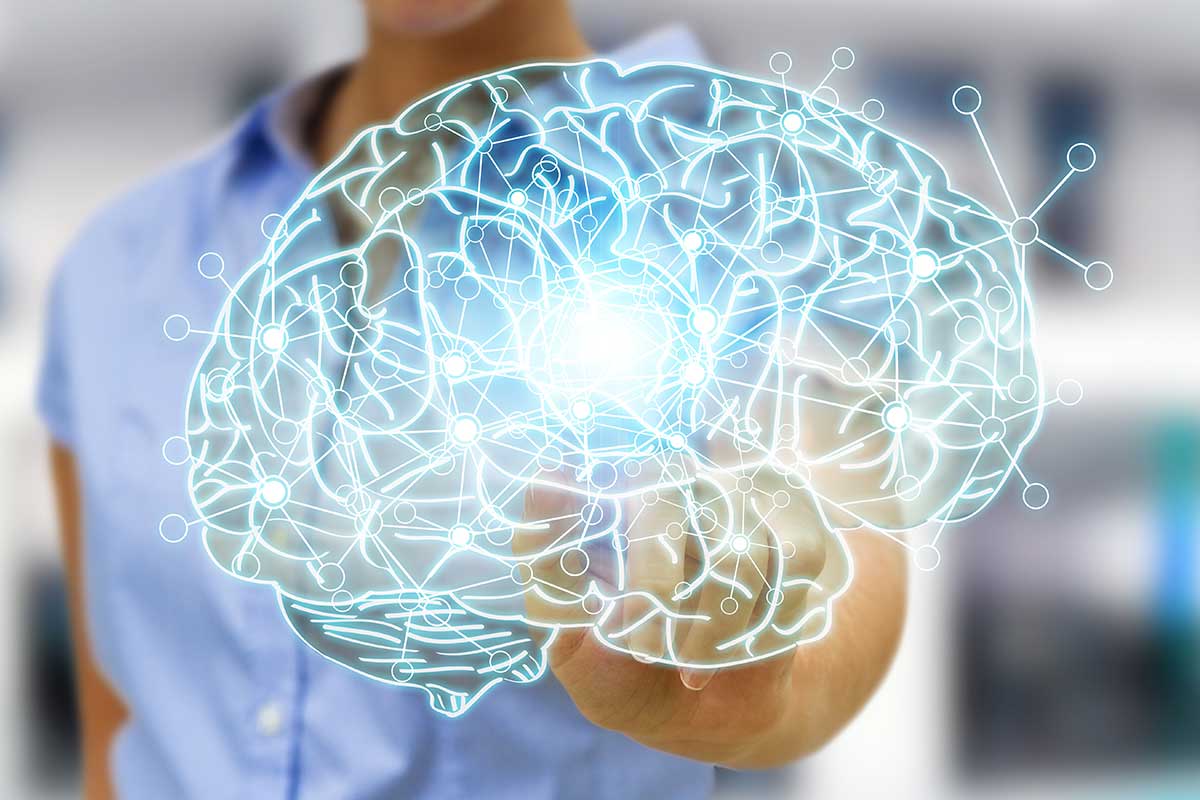When we take medications, they often work by directly affecting how our brain chemistry operates. In the case of pain relief, medications block receptors in the brain so that individuals experience less discomfort as they heal from surgery or medical treatment. However, using medications has to be closely monitored so that the body doesn’t develop a dependency upon the drugs. Most medications aren’t habit-forming, but those that are need special attention. Similarly, when people take drugs recreationally or drink alcohol, the substances alter brain chemistry. Frequent or consistent use of drugs or alcohol will cause the brain to become reliant upon the substances to produce or manage certain chemical processes. This is when an individual becomes dependent or addicted to the substance.
By understanding the brain science of addiction, you can recognize how much you need help to overcome your substance use problems or get outside help from a treatment center like Harmony Hills for a loved one.
How the Brain Science of Addiction Works
While any kind of drug use, illicit or medical, will affect how the brain works, consistent substance abuse will change how the brain works. For instance, studies that scan the brains of people struggling with addiction indicate changes to the brain’s physical structures. Sections of the brain most affected by substance use include the following:
- Decision-making
- Behavior and impulse control
- Memory and learning ability
- Judgment
Because substance use alters the way the brain works, those in need of addiction recovery require professional help to heal.
Brain Science of Addiction and Adolescent Development
When it comes to drug or alcohol use, teenagers have a special difficulty in quitting without the help of a substance abuse treatment program. According to the science behind addiction, the brain develops throughout the teen years and into early adulthood. The brain’s prefrontal cortex, which is most responsible for decision-making, emotion regulation, and situation assessment, continues to mature during this stage of growth.
Because this part of the brain has not reached its capacity for impulse control, adolescents have a higher risk of trying and becoming addicted to drugs. Alongside the increased chances of starting an addiction, substance use can change the growing mind of teenagers. Those who use drugs regularly during these early years put themselves at risk of altering the maturation of their brains, making addiction in later years harder to break from. Fortunately, facilities like Harmony Hills offers addiction treatment programs that cover the entire spectrum of care:
- Detox
- Residential treatment
- Partial hospitalization program (PHP)
- Intensive outpatient program (IOP)
- Aftercare program
This ensures that adolescents, young adults, and adults can get the specific care they need to address their substance use disorder.
What Drugs Do to the Brain to Cause Addiction
While some people use substances, not everyone becomes addicted to them. Changes in the brain’s physical structures, coupled with risk factors for addiction, increase the chances of developing a substance use disorder.
Drug use affects the brain’s reward center. Most drugs trigger the brain to release dopamine. This substance makes the person feel happy and wants to repeat the process. When dopamine repeatedly hits the brain’s reward center, the action that triggered it becomes reinforced. When substance use causes this cycle, the person has a higher chance of repeated drug use.
However, consistent use of drugs changes how the brain reacts to them. To preserve the reward center’s functioning, the brain will require higher amounts of substances to produce the same effects. Unfortunately, dialing down the reward center requires the person addicted to drugs to use more substances to get the same feeling. Other pleasurable activities also become less enjoyable due to the changes in the brain.
Choose Harmony Hills for Recovery Based on Brain Science of Addiction
Because changes in the brain can lead to addiction, a recovery center must understand this to provide an effective drug or alcohol treatment program. Using scientifically-based treatment methods, Harmony Hills can help those struggling with substance use disorders to find freedom from addiction.
To start, Harmony Hills embraces the transtheoretical model, which uses stages of addiction recovery to help clients to move through the recovery process. Our professionals at Harmony Hills walk through recovery with our clients, from help with detox, including a medically assisted drug detox program to learning coping skills.
The brain science of addiction indicates that you need help to stop the substance use cycle. Therefore, you shouldn’t try to go alone through the process. Also, do not continue to allow substance use to harm your life and brain. Get the help you need by contacting us at Harmony Hills. Phone us at 855.494.0357 to start the recovery process with Harmony Hills. Hope for recovery is here, but you have to reach out for assistance.







